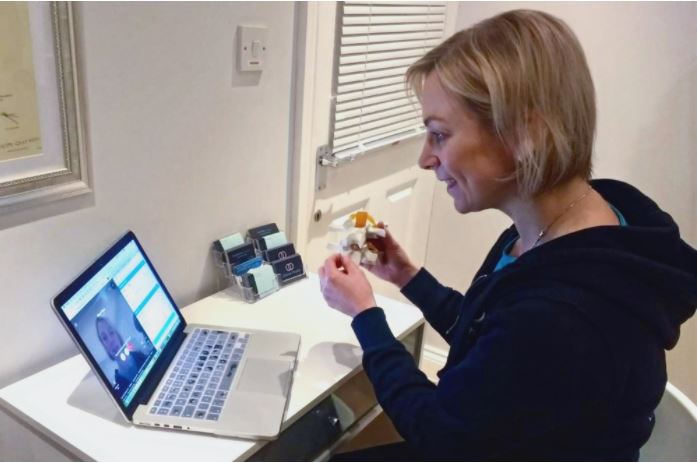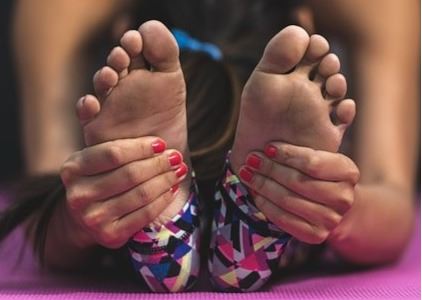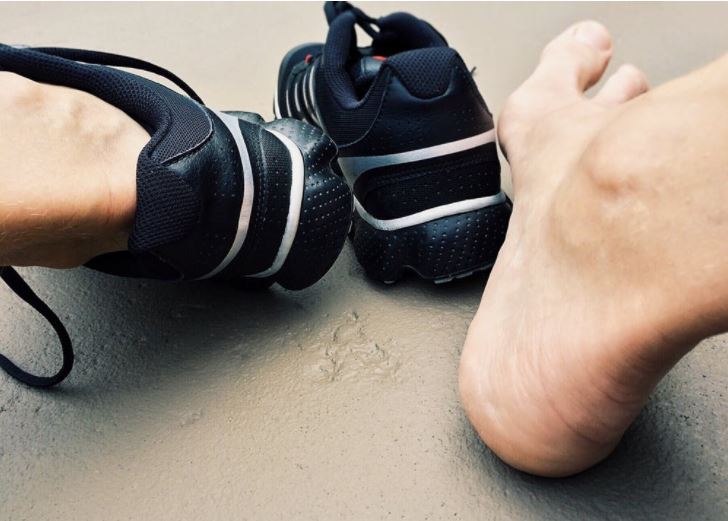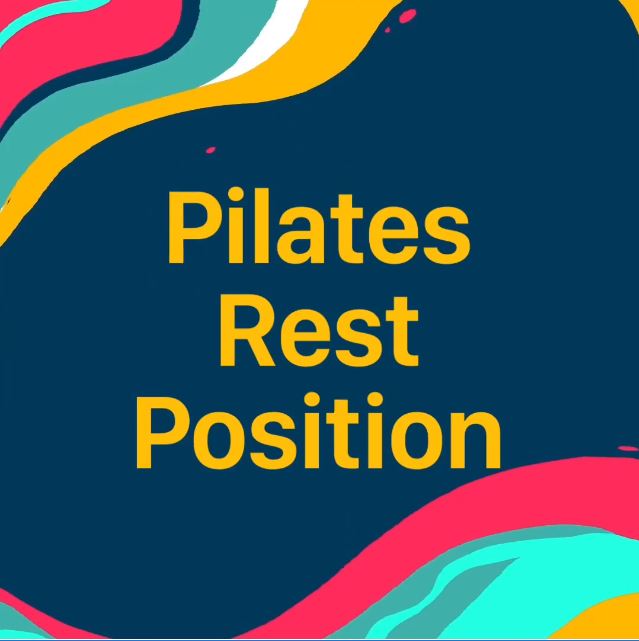The Superpower of Sleep!
There is so much talk about diet and nutrition, clean eating and superfoods about. While I don’t in any way dispute the importance of a healthy diet, I can’t help but wonder whether we’re missing something more fundamental to our wellbeing, our sleep. It is an unusual physio who doesn’t spend some time in the initial consultation with a patient discussing their sleep – we commonly ask about sleeping postures, pillows, mattress types, and night-time waking. But there’s so much more to sleep that this!
Sleep quality and quantity affects every aspect of our mental and physical wellbeing, so as part of an holistic treatment approach, it stands to reason that discussions about sleep are not limited to simply asking how many pillows you sleep with!
Sleep is essential for the brain!
Sleep is essential after learning to help us embed what we have learnt but is equally important beforehand to help us commit new experiences to memory.
The disruption of deep sleep has been shown to contribute to ageing and Alzheimers disease, and it’s not coincidental that our memory worsens alongside the quality of our sleep as we age.
These changes are not alleviated by sleeping pills unfortunately as they do not produce natural sleep.
Sleep is essential for your body!
How much sleep we get affects our hormone levels – sleeping 4-5 hours a night is associated with significantly lower levels of testosterone in men and a similar reduction in female reproductive health.
Each year when we lose 1 hour of sleep as we “spring forward” to British Summer Time, there is a 20% increase in heart attacks the following day, with a similar reduction in rates when we “fall back” to Daylight Saving in Autumn!
Sleep disruption reduces the quantity and activity of certain key immune cells, natural killer cells – a loss of 4 hours in one single night has been shown to deplete the activity of these cells by 70% . These cells are essential to keep us healthy, and are vital in our fight against many cancers such as bowel, prostate and breast. And we’re 4.5 times more likely to catch a cold if we get less than 5 hours sleep a night!
Our athletic performance is diminished and we are at greater risk of injury when we are sleep deprived. Studies have shown an almost twofold increase in injury rates in adolescents who get less than 8 hours sleep compared to those who get more than 8 hours.
Sleep is essential for our genes!
Getting 6 hours of sleep compared to 8 hours has been shown to distort the activity of 711 genes
– some becoming less active (those associated with the immune system)
– some more active (those associated with chronic inflammation, tumour development, stress and cardiovascular disease).
Neither change is useful for good health!
Sleep affects every aspect of our well being, and its importance is frequently overlooked. We lead busy, stressful lives, and very often sleep is the first thing to go when we try to pack ever more into our days. Just maybe though, we should be prioritising our sleep over everything else, rather than treat it as an afterthought. And “catching up” with sleep at the weekend cannot undo the damage of inadequate sleep during the week. So what can we do to give ourselves the best chance of a good night’s sleep?
Satisfying sleep strategies
Aim to maintain a regular bedtime and waking routine, regardless of whether it is a weekday or the weekend – you’ll find a helpful App for this on some smartphones! This regularity will improve the quality and quality of sleep that you get.
Keep your bedroom cool (65 degrees F; 18 degrees C), dark and quiet, ideally keep TVs and other electronic devices out! The body needs a reduction of body temperature of 2-3 degrees F to initiate sleep.
Stop using devices for at least 1 hour before you hit the sack. The blue light these emit stimulates the brain making it very difficult to switch off and get to sleep.
Avoid caffeine, alcohol and nicotine for a few hours before bed (6 recommended).
Avoid over or under eating.
If you are still awake 15 minutes after retiring to bed, get up to do a routine task, then go back to bed.
So there you have it, the next time your physio asks you about sleep, there may be more to the question than you realise! And there’s every chance that if you can improve the quality of your own sleep, you may enjoy better physical and mental health, return to fitness more quickly, and avoid the need to see a physio in the first place!
Sleep well!
Laura x








